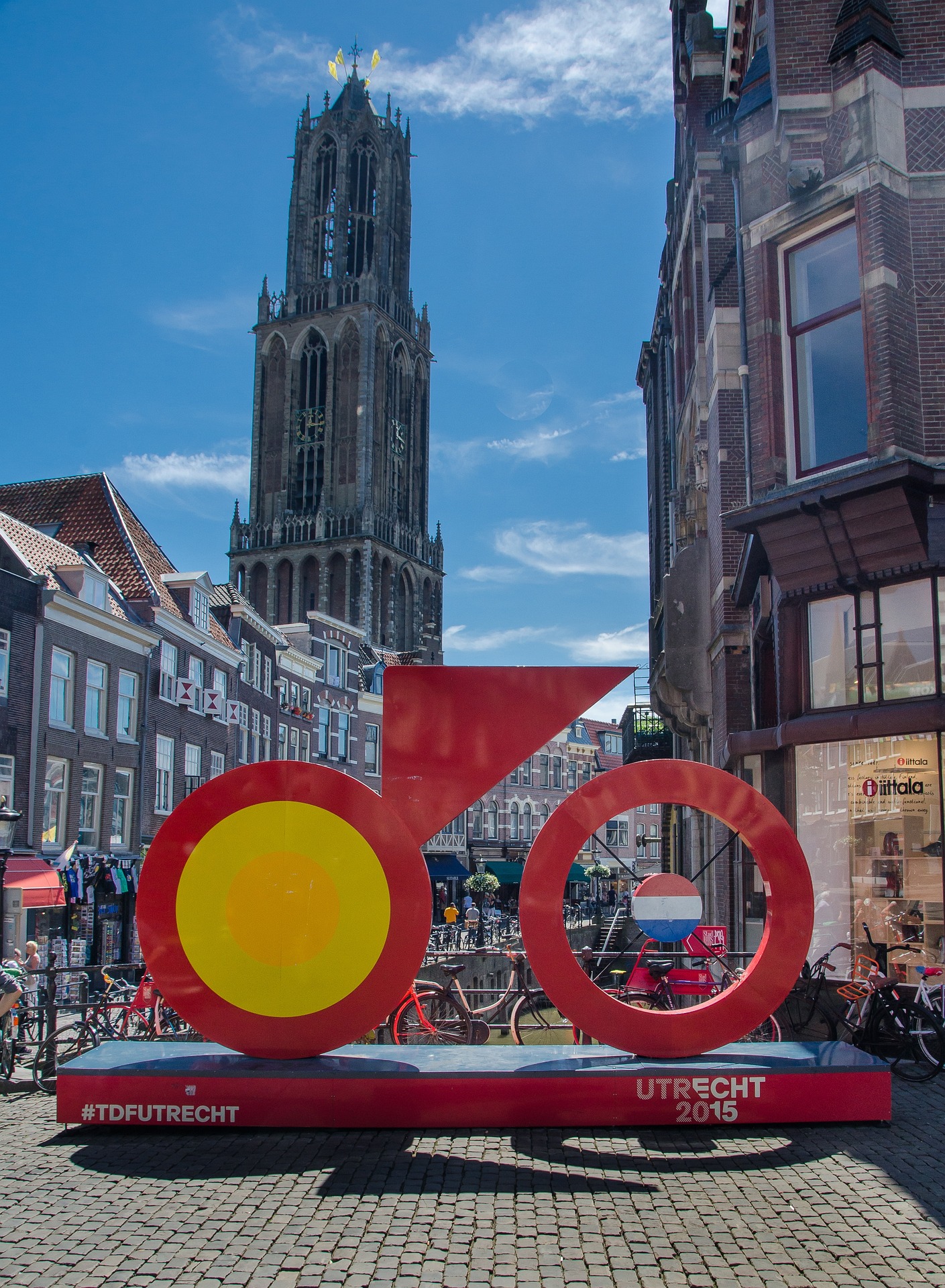Unknown is unloved: Towards practical interventions in resident involvement in the tourist domain.
Before the pandemic, many Dutch cities were experiencing a sharp increase in the number of tourists. There were calls to restrict tourism in both the media and in political discussions. During the pandemic, international tourism virtually came to a standstill, and discussions about the impact of tourism faded into the background. After the pandemic, the number of tourists increased sharply again and is already above pre-corona levels in several cities. To avoid a situation like that before the outbreak of the coronavirus pandemic, it is now necessary to act proactively.
In recent years, several new perspectives and methods have been developed to organise tourism in a way that contributes to broad prosperity. The 'regenerative tourism' approach is one of these perspectives that has received a lot of attention in recent years. This approach is rooted in the principle that tourism should yield more for the place it visits than it costs. In this approach, yield is more than economic benefits and takes into account values such as quality of life and the environment. What is seen as 'value' and which aspects of tourism contribute to this 'value' are not determined from above but obtained from a dialogue with the various parties involved.
The Destination Management Guideline, Perspective 2030, and the Conscious Destinations Agenda (CELTH) describe the joint ambition to work towards a conscious destination in the Netherlands. Involvement and support among residents are essential for the sustainable development of the Netherlands as a destination. After all, it is not only governments and entrepreneurs but also residents who create a destination.
Many destination areas, including Utrecht, are still looking for the best way to involve residents and enter dialogue with them about tourism. By starting from a dialogue with the various parties involved, and listening to the different positions, concerns, and opportunities that these parties see, a common goal can be formulated.
Goal
This project aims to provide insight into the practical side of using certain types of interventions in participation processes surrounding the involvement of residents in tourism. The main question of this research is as follows:
'How can interventions aimed at resident empowerment (specifically: involvement or participation) be most effectively deployed to positively influence the sentiment and attitude among residents towards tourism?
The sub-questions are:
- To what extent are certain forms of empowerment (psychological, social, and political) influenced by the different forms of interventions?
- Which interventions are the most effective and best scalable to other parts of the Netherlands?
- What tips and pitfalls have been identified in the overall process of selecting, setting up, supervising, and conducting the focus groups?
- What recommendations can be made for the municipality of Utrecht on how residents can be involved in future tourism policy?
Approach
The research starts with a quantitative survey (0 measurements) among residents of Utrecht according to the RETS model. This is a validated questionnaire with various statements about support for tourism. The research from Step 1 forms the basis for a selection of 32 respondents who are willing to discuss the subject of tourism further in four different focus groups. After the focus groups, we ask respondents to complete a short questionnaire online (1 measurement) with several statements (psychological empowerment/pride, economic empowerment/income, social empowerment/connectedness, political empowerment/involvement, support for tourism, and positive and negative impacts. After this step, data processing and analysis follow, with the output being a report with findings and recommendations. An important final step is a plenary session or workshop with the municipality of Utrecht in which we explore which research results are meaningful and can be translated into practice.
Partners
- NHL Stenden / European Tourism Futures Institute
- Breda University of Applied Sciences
- HZ Coastal Tourism Knowledge Center
- Utrecht Marketing
- University of Utrecht
- Municipality of Utrecht
Project team
- Jochem Jansen (NHL Stenden)
- Stefan Hartman (NHL Stenden)
- Ben Wielenga (NHL Stenden)
- Rob van Ginneken (BUas)
- Bert Smit (Buas)
- Joost de Vries (Utrecht Marketing
- Irina van Aalst (Utrecht University)
- Kim Hogenelst (Utrecht University)
- Egbert van der Zee (Municipality of Utrecht)
Schedule
September 2023 – May 2024
Status
Completed, full report online in Dutch: https://slider.utrechtmarketing.nl/onbekend-maakt-onbemind/?slide=1



